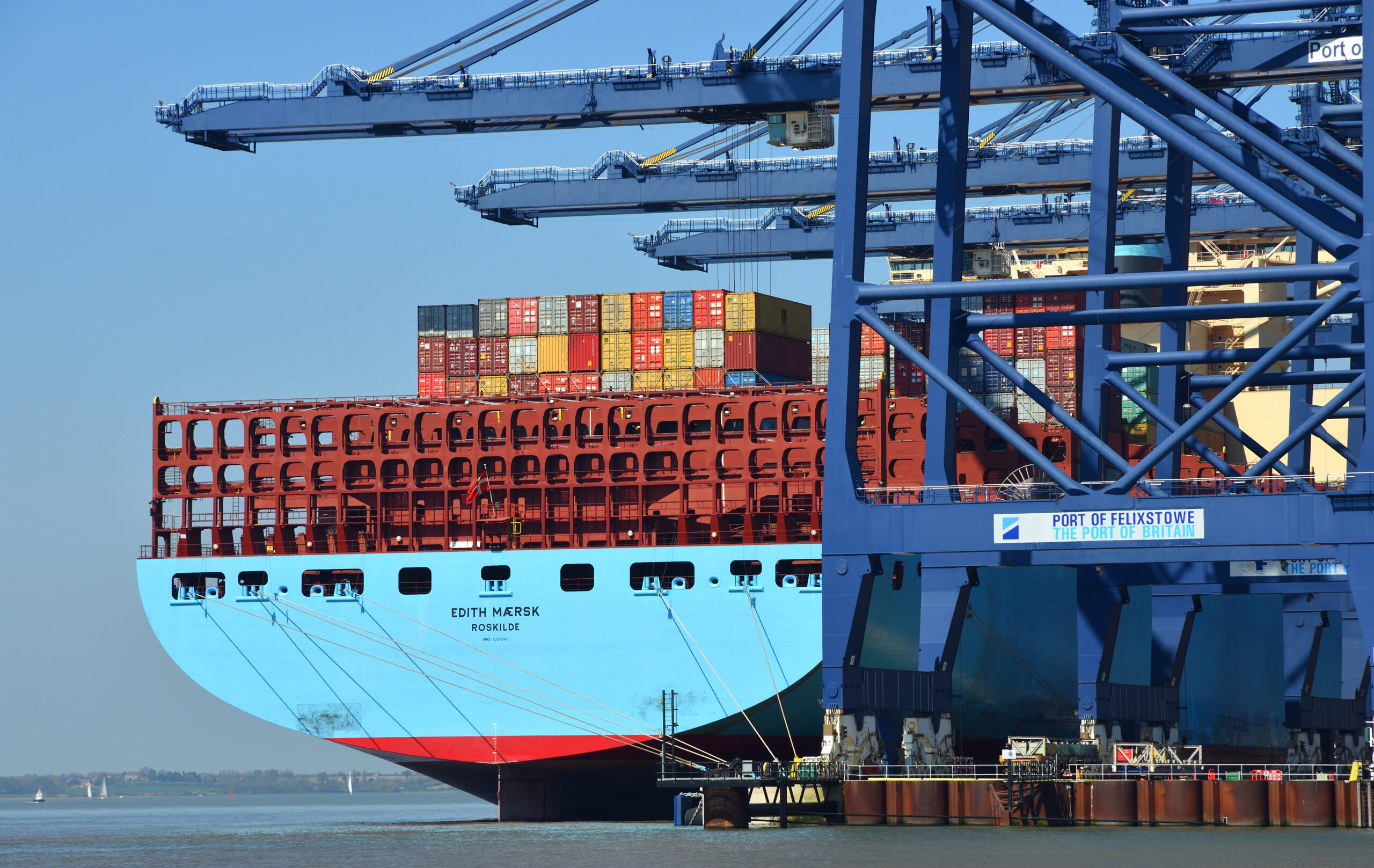A new report by the Africa Policy Research Centre (APRI), the African Future Policies Hub (AFPH) and the London School of Economics has warned of the negative impacts on African economies caused by the IMO’s proposed maritime carbon levy.
The report, titled: ‘Navigating climate actions: Assessing the economic impacts and trade-offs of a shipping carbon tax for African states’, argues that safeguards are required to prevent damage being inflicted upon African economies by the IMO’s policies for achieving net zero by 2050.
The findings of the report suggest that a shipping carbon tax would disproportionately affect several African nations and increase the risk of food insecurity, due to many African countries’ reliance on food imports. A universal carbon levy, the report claims, could result in up to a 7% decline in African shipping services and cause global agricultural and processed food commodities to rise by 0.011% and 0.013% respectively.
The impacts may be severe. For example, the report finds that a shipping levy would lead to reduction in the average household income that far outstrips that of European households. In Ghana the average household income would fall by 0.101%, which is 10 times the forecast decline in European household income.
The report urges the IMO to take action to prevent the negative impacts of a maritime shipping levy falling disproportionately on African states. Among its recommendations, the authors of the report suggest adhering to the “polluter pays” principle, in which a significant portion of the revenues raised by a carbon levy will be directed to the enhancing resilience measures among affected nations.
Faten Aggad, Executive Director at the African Future Policies Hub (AFPH), commented: “Almost 90 percent of Africa’s global trade is done by sea. Africa’s dependence on shipping makes it vulnerable to changes in the sector. Our countries must engage with the issue with a clear understanding of the risks and a realistic assessment of the opportunities, particularly considering the investment landscape including in green hydrogene and maritime shipping fuels. While the decarbonisation of the maritime sector is a matter of “when” rather than “if”, ensuring that it is done in a way that does not shift the burden from the polluter to African citizens will be important. Hence we encourage countries to strongly support a clear mechanism for out-of-sector redistribution.”
Source: APRI



